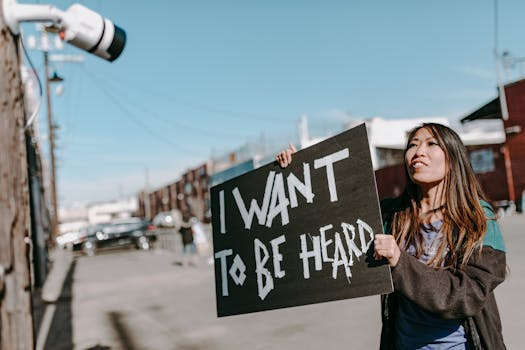The Role of Judicial Review in Democracy
In any functioning democracy, the rule of law plays a pivotal role in ensuring that the power of the government does not become absolute. This is where the principle of judicial review comes into play. Judicial review is the process by which the courts review the actions of the government, whether legislative, executive, or administrative, and determine their constitutionality. It serves as a check and balance to prevent the abuse of power and to uphold the values of democracy. In this article, we will discuss the role of judicial review in democracy and its significance in upholding the principles of justice and equality.
The Origins of Judicial Review
The concept of judicial review, as we know it today, first emerged in the United States in 1803 in the landmark case of Marbury v. Madison. In this case, Chief Justice Marshall asserted the power of the Supreme Court to declare a law unconstitutional. This power is not explicitly mentioned in the United States Constitution, but is an inherent function of the judiciary to interpret the law and serve as a check on the other branches of government.
Since then, the principle of judicial review has become an integral part of the legal systems of many democracies around the world, including countries like Canada, India, and South Africa.
Ensuring Constitutional Compliance
The most crucial role of judicial review in a democracy is to ensure that the government operates within the framework of the constitution. A constitution is the supreme law of the land and sets out the rights and obligations of citizens, as well as the limits of government power. When the government violates these limits, the judiciary has the authority to strike down the offending action as unconstitutional.
This serves as a necessary check on the powers of the government and prevents it from taking actions that would violate the rights of citizens or undermine the democratic process. Furthermore, judicial review also acts as a deterrent to the government, as it must justify its actions based on the constitution.
Protection of Fundamental Rights
In a democracy, the concept of human rights and fundamental freedoms is sacrosanct. Judicial review plays a crucial role in protecting these rights by ensuring that all laws and actions of the government are consistent with constitutional guarantees. It serves as a safeguard against tyranny and arbitrary exercise of power, as the judiciary has the power to strike down laws that violate fundamental rights like freedom of speech, equality, and due process.
For example, in the United States, the Supreme Court has used judicial review to strike down laws that discriminate against marginalized communities, such as the landmark decision in Brown v. Board of Education, which declared racial segregation in schools to be unconstitutional.
Upholding the Principle of Separation of Powers
The principle of separation of powers is a cornerstone of any democratic system. It divides the government into three branches: legislative, executive, and judiciary, with each branch having distinct functions and checks on the other two. As such, the judiciary plays a vital role in ensuring that the other branches of government do not overstep their boundaries and encroach on the powers of one another.
In this way, judicial review serves as a mechanism to maintain the balance of power and uphold the principle of checks and balances. Without an independent judiciary to review the actions of the other branches, the system of separation of powers would be weakened, making it easier for the government to abuse its authority.
The Role of Judicial Review in a Changing Society
As society evolves and new challenges emerge, the role of judicial review becomes even more critical. Courts have the power to interpret the law and its application in modern times, ensuring that the constitution remains relevant and effective. For example, in India, the Supreme Court has used judicial review to strike down laws that discriminate against women and LGBTQ+ individuals, promoting equality and progress in society.
Conclusion
In conclusion, the role of judicial review in a democracy cannot be overstated. It is a vital mechanism to ensure that the government operates within the limits of the constitution, protects fundamental rights, maintains the separation of powers, and promotes progress and equality in society. As an essential feature of democracy, it upholds the values of justice and fairness and acts as a safeguard against the abuse of power. Its significance in maintaining the foundations of democracy cannot be ignored.









